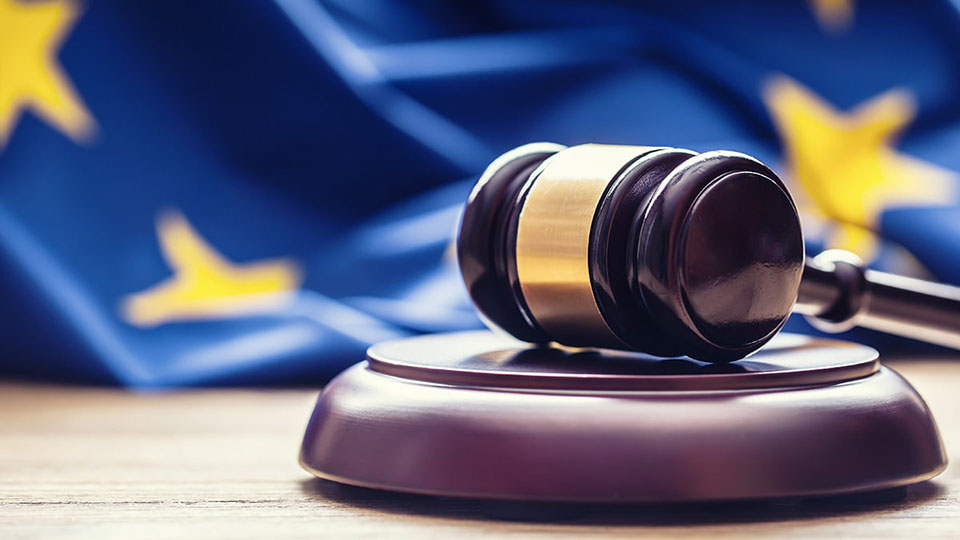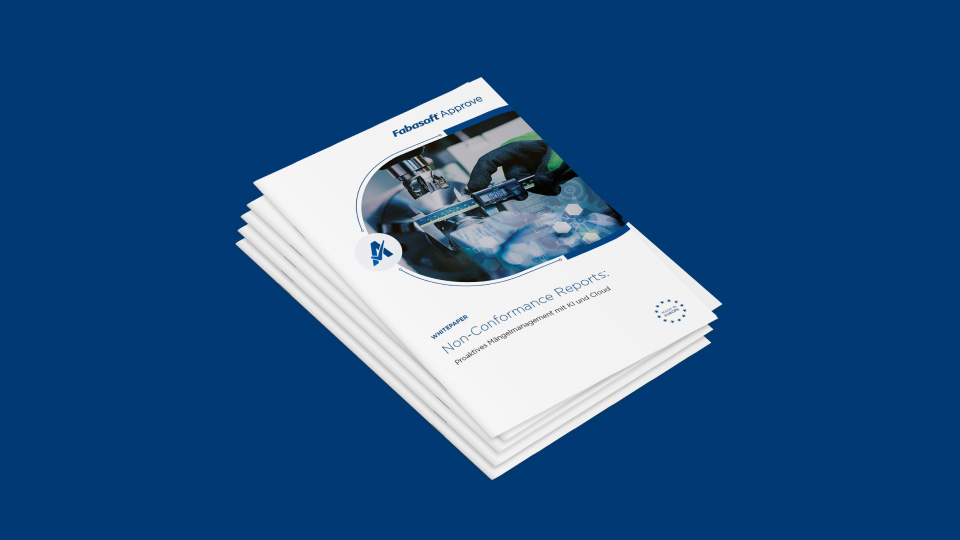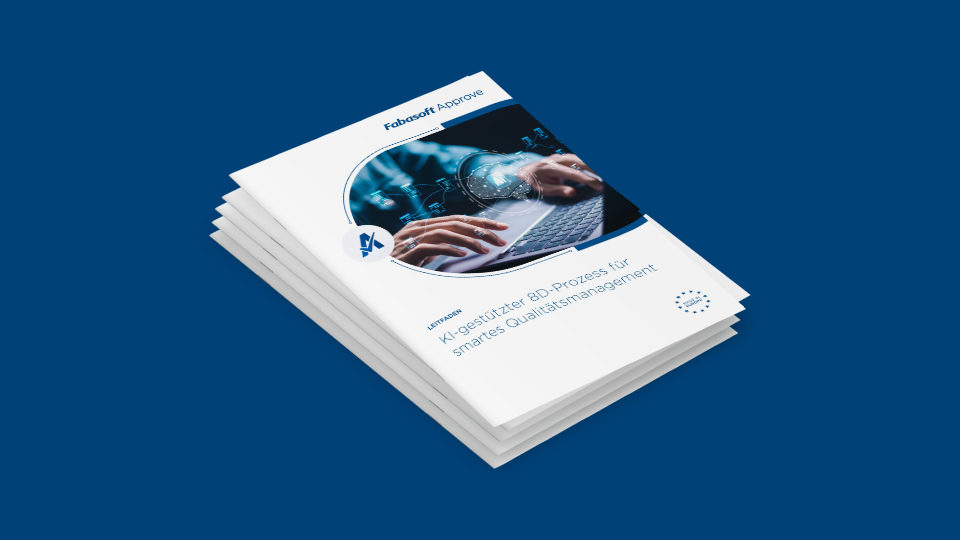In our global world, the supply chains are getting progressively longer. Companies frequently turn to service providers in other countries, not only by outsourcing production, but also for help managing their data – for instance, when they purchase server capacity. In today’s supply chains, environmental protections and working conditions are often treated more like an afterthought.
In an effort to provide greater end-to-end protection of human rights along global value chains, a new EU supply chain directive, often referred to as the EU Supply Chain Law, is set to be enacted. The EU Commission published an initial proposal to this effect in early 2022. The draft places even greater responsibility and liability on the shoulders of businesses. Once the European Parliament and the Council have approved the draft directive and the EU Member States have ratified it, each Member State has a two-year deadline to transpose it into national law.
In this article, we’ll outline the content of this proposed legislation and also explain its implications for German companies. We put Germany’s enacted Supply Chain Due Diligence Act (LkSG) side by side with the EU’s proposal, zeroing in on the specific implications for publishers and associations.
1. What does the new EU Supply Chain Law say?
The new EU Supply Chain Law holds companies directly responsible for any environmental harm and human rights violations that occur along their value chain, including consequences under civil law.
Companies that manufacture abroad are required to abide by the same rules and standards from the point of production to the point of sale. For data storage abroad, the regulations that apply within the EU will also apply elsewhere.
That puts the onus on the outsourcing companies to ensure climate and environmental sustainability at every step along the entire value chain. In addition, businesses need to expose and prevent child labor, exploitation, and inhumane working conditions.
Note: European competitiveness mustn’t come at the (further) expense of the environment and non-EU countries. The aim is to ensure fair trade for every stakeholder in the supply chain, to protect the environment, and to meet climate targets.
2. Which businesses are subject to the EU Supply Chain Law?
- The law applies to all companies or organizations located in the EU that employ at least 500 people and have an annual net turnover of EUR 150 million.
- For those sectors listed above that carry a higher risk of abuse, the ceiling is 250 employees or EUR 40 million in net annual sales.
- The law establishes civil liability. In other words, companies can be sued for abuses and violations at their EU location.
- Due diligence applies to both direct as well as long-term indirect suppliers and services (such as a company that provides services to a direct supplier).
As such, the European Supply Chain Act extends far beyond its German counterpart (see a comparison in the section after next).
3. What are the implications of the Law?
“The directive affects some 12,800 companies throughout the EU.” (Source)
The implications for these organizations include the following:
- A binding and enforceable due diligence requirement is in place along the entire supply chain.
- In other words, companies have to ensure that all human rights and environmental requirements are respected.
- To do so, they need to identify real and potential risks throughout their supply chain and then either eliminate them, mitigate them, or prevent them from occurring at all in the future.
- They also need to adapt the legal framework (for instance, their general purchasing and sales terms and conditions agreed with every one of their suppliers and service providers) to reflect the new requirements.
- On top of that, companies also need to set up a complaints office and a complaints procedure.
- Together, this generates permanent additional effort and outlay.
One advantage of the directive is that it provides for equal treatment for all stakeholders in a given industry, which helps to balance competition within the EU.
Companies that are already proactive in addressing these requirements and their corporate social responsibility voluntarily will be far better prepared once the EU supply chain law takes effect – and they won’t have to scramble to respond.
4. Comparing the European Supply Chain Act with the German Supply Chain Due Diligence Act (LkSG)
The Supply Chain Due Diligence Act (LkSG) enters into force in Germany on January 1, 2023 – but in some respects, it doesn’t go as far as the European draft.
| Germany | EU |
|---|---|
| The supply chain only includes direct suppliers. | The law also covers long-term indirect suppliers. |
| Applies to companies with at least 3,000 and 1,000 employees as appropriate (effective January 2024). | Companies with as few as 500 employees and annual sales of EUR 150 million – and in high-risk sectors with as few as 250 employees and sales of EUR 40 million – are held accountable. |
| Imposes fines as the penalty for violations. | Companies are liable under civil law and can be sued at their European location. |
| Environmental compliance infractions are not penalized as severely. | Environmental harm and climate targets are given greater consideration. |
| This law was already passed in 2021 and takes effect on January 1, 2023. | This directive still needs to be transposed into national law following its endorsement by the EU institutions and Member States. |
Other countries, including France, Austria, and the Netherlands, also have some form of supply chain law in place.
The European draft aims to harmonize and align the various national laws.
5. How will publishers and associations be impacted?
Major publishing houses (Springer, C.H. Beck, Bastei Lübbe, and others) and associations (such as the ADAC) that employ more than 1,000 people are already coming to grips with the new requirements. The EU Supply Chain Act would even impact publishers and associations with fewer than 500 employees.
Keeping the value chain squeaky clean will become an issue for everyone, elevating sustainability to a constant that – beyond being consumer-driven – is also underpinned by law.
The Supply Chain Act will pose challenges for a number of publishers. Xpublisher provides support that surpasses the legislative requirements – covering everything from the actual business activity to environmentally relevant issues and accountability to stakeholders and society.
Its acute focus on data protection and data security extends to the cloud environment. Users decide for themselves where their data is stored. Our data centers offer advantages that include carbon neutrality, high-level availability and reliability, and compliance with established standards.
5.1 What are the touchpoints, and where do companies need to take action?
The directive is a chance for businesses to communicate their transparent and socially responsible business practices to their customers. And that holds true for small and mid-sized companies and associations as well.
Media companies are well advised to be proactive in identifying the relevant processes, analyzing the risks, and taking action where necessary.
Digital services sourced from outside the EU are one of the touchpoints of the law.
5.2 One possible scenario
Let’s use the example of a server farm situated outside the EU, operated by a small, coal-fired power plant that is not environmentally compliant while paying its employees a wage lower than the legal minimum.
Its operators can offer computing, server, and storage services at prices well below those in the EU. If a publisher or an association were to outsource its entire platform and services to this particular server farm, that could be punishable as a twofold violation of the EU Supply Chain Act.
As an indirect but permanent supplier, the coal-fired power plant is in violation of environmental regulations. Unlawful employee pay constitutes a violation of human rights. Under the new law, the publishers and associations that outsource from the farm are jointly responsible. They face both the risk of a poor image among consumers as well as the threat of civil lawsuits and financial penalties.
6. Synopsis: Where does the Supply Chain Law leave us now?
For many industry representatives, the proposed law appears at first blush to create a potential competitive disadvantage, while for environmental and human rights groups, it doesn’t go far enough.
Although the directive isn’t binding just yet, the tougher European rules will also filter into existing German law.
This makes it imperative for all of the affected companies to take a good hard look at their supply chains. In fact, the perceived competitive disadvantage can actually be transformed into an advantage.
With its carbon neutral high-availability data centers, Xpublisher delivers the peace of mind that comes from being fully prepared for the supply chain legislation on the horizon.
Particularly in the B2B sector, consumers tend to reward socially responsible and climate-friendly, environmentally sustainable products and services with their business and their loyalty.
The EU Supply Chain Act provides an unprecedented opportunity for companies to communicate to the world that they are taking social and environmental responsibility for their actions.




